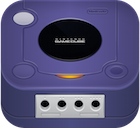
Welcome to our page dedicated to Gamecube reverse engineering! The Gamecube was a popular gaming console released by Nintendo in 2001, and has since become a beloved classic of the gaming world. If you’re interested in learning more about the technical aspects of this console and how it works, you’ve come to the right place.
On this page, we’ve compiled a list of links to other pages that cover various topics related to Gamecube reverse engineering. Whether you’re interested in understanding the hardware architecture of the console, analyzing game code, or exploring the many mods and hacks that have been created by enthusiasts over the years, you’ll find a wealth of resources and information on the pages we’ve linked to.
So grab your Gamecube controller, and get ready to dive into the exciting world of Gamecube reverse engineering!
The Nintendo Gamecube has fairly sophisticated hardware for the time, this was when Nintendo was still trying to compete with raw processing power. The hardware would then be used as a basis of both the Wii and Wii U consoles in the future.
Rodrigo Copetti has an excellent in-depth article about the hardware architecture of the Nintendo Gamecube, it is a must read for anyone wanting to reverse engineer Gamecube games as you will need to know all about the low level architecture.
In China there were plans to release a version of the Gamecube with DVD playback functionality and additional security. This was to be a sequel to the iQue Player which was a Chinese only Nintendo 64 plug and play device. However half way through development the resources were moved to work on the Nintendo Wii instead.
The Nintendo Gamecube has an excellent library of games just begging to be reverse engineered, it is always a good idea to do some research before you start, this is where this section comes in as it deals with specific games.
If you are interested in reverse engineering a Gamecube game, the first step is to find out if the game has its debug symbols available, this makes it much easier to reverse as all the functions will have nice friendly human readable names.
The most valuable reverse engineering projects tend to be the platform exclusives that have never been re-released as these are the games that can benefit the most from enhancements on modern hardware.
Wikipedia maintains a list of Gamecube exclusives - GameCube-only games - Wikipedia
Prototype games are ideal targets for reverse engineering as many of them contain developer information inside them and some games never got a retail release, making them even more interesting!
A few Gamecube games have emulator code built into them either as bonus content (Animal Crossing, Fight Night Round 2) or as the main game (Sonic Mega Collection).
Here is a list of known games that have emulators built in:
The Gamecube game Fight Night Round 2 has a playable version of the SNES game Super Punch Out on the Disc called SNS4Q0.471. This file must have come from Nintendo as it matches the Nintendo Lot-check naming scheme that Nintendo uses internally.
The cool thing about this is that the emulator was written by Icer Addis who was the co-creator of one of the first ever NES emulators known as NESticle. An easter egg of sorts can be found when looking at the strings inside the executable, they called the SNES emulator for gamecube SNESticle!
Not only that but a project was launched to try to get other SNES ROMS to work with the emulator known as the The SNESticle Liberation Project which consisted of a Multi-ROM menu SNES Rom and a Python script to inject ROMS and put everything together (fn22snesticle.py).
The devlog is a very good read and is available here: Devlog - The SNESticle Liberation Project
This drew the attention of Icer who decided to release the full source code for SNESticle (PS2 & Dreamcast): iaddis/SNESticle: SNESticle source code (circa ~2004)
Before Unity and the modern Unreal Engine dominated the scene it was common for developers to create their own in-house game engine, or license a third party engine.
Krome Studios used the Merkury Engine for many of its own titles, particularly on the GameCube and other last-generation systems. A programmer for Krome Studios, Tony Ball managed to get the engine running on the GameCube hardware only took a couple of weeks, with development running simultaneously with the PlayStation 2 version.
Here are the games that used the Merkury Engine for the GameCube:
If you are interested in learning more we have a specific post about the Merkury engine:
We have a specific post that covers all the file formats that can be found in gamecube games (or file formats used to store gamecube games) here:

Introduction Welcome to our page dedicated to the technical details of the Gamecube game 007 Agent Under Fire! If you’re a fan of this classic first-person shooter game, you might... ...
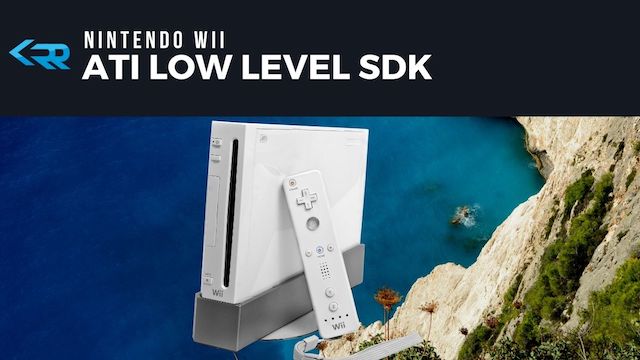
Introduction In 2020 and 2021 numerous secret files have been leaked from Nintendo thanks to Zammis Clark. Included in these files were source code for a variety of Wii internal... ...
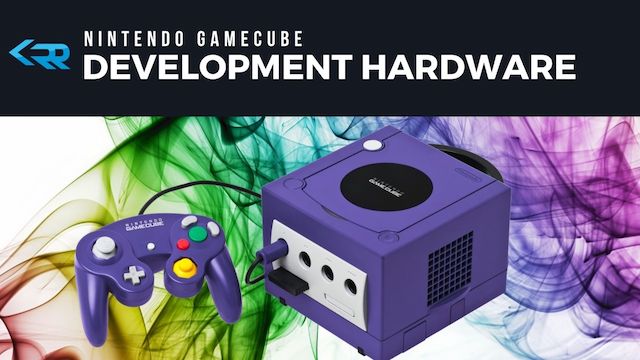
AMC Dolphin Development Hardware (DDH) The earliest Gamecube development hardware available to game developers was known as the Dolphin Development Hardware or simply DDH for short. This system was sold... ...
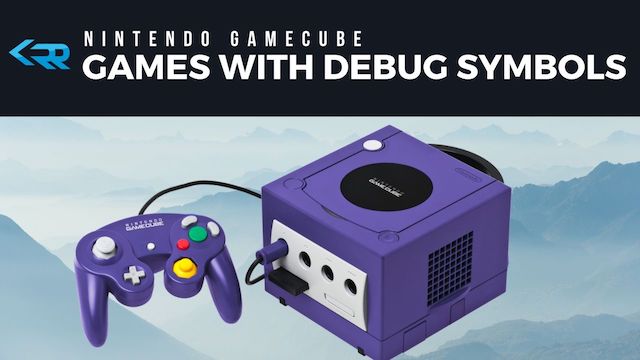
If you are interested in reverse engineering a Gamecube game, the first step is to find out if the game has its debug symbols available, this makes it much easier... ...
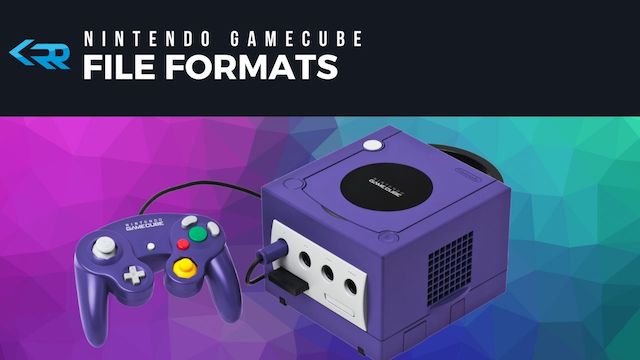
Emulation File Formats Extension Description rvz Compressed ISO Format (Dolphin) iso Disc Image (Uncompressed) Formats Used on Disc Extension Description .GSF Sound File .SNI Sound Include file (Source file) (007... ...
Introduction On the 21st August 2021 the full source code to the classic GTA clone staring The Simpsons was released online. This included both the C++ source code plus the... ...
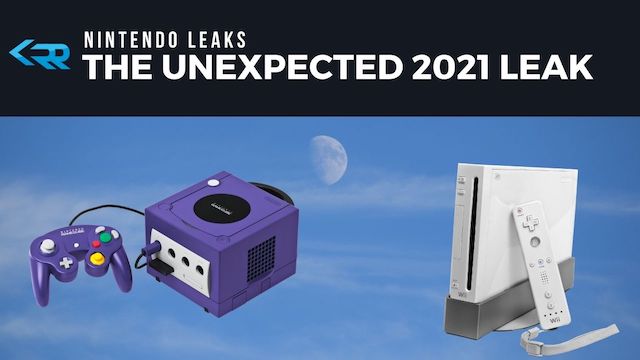
On the 20th July 2021 the Nintendo Leaks (aka Gigaleaks) continued after a long hiatus, the content was obtained by Zammis Clark and then leaked online by anonymous individuals. Files... ...
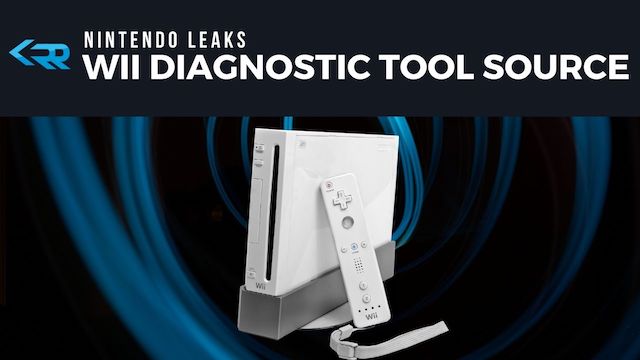
In the Nintendo leak on 20th July 2021 an archive called DIAG4RVL.7z was released to the internet, this archive contains a CVS repository containing 3 different software development kits for... ...
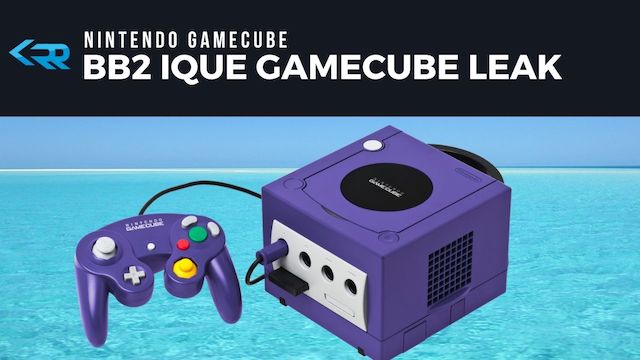
Introduction In 2020 and 2021 numerous secret files have been leaked from Nintendo thanks to Zammis Clark. Included in these files were documentation and source code for an unreleased console... ...